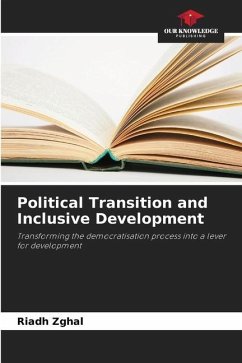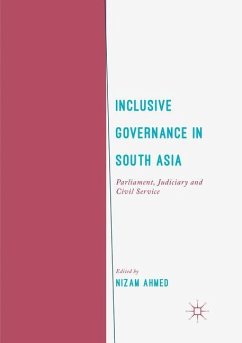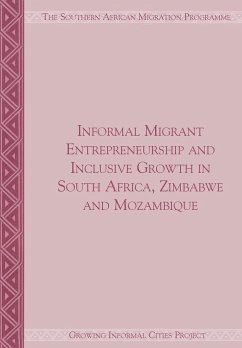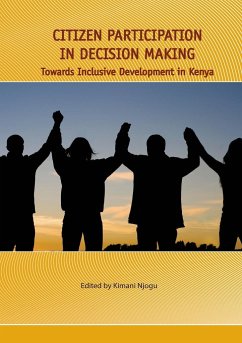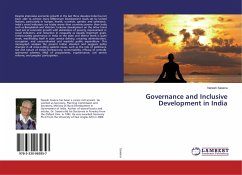
Governance and Inclusive Development in India
Versandkostenfrei!
Versandfertig in 6-10 Tagen
33,99 €
inkl. MwSt.

PAYBACK Punkte
17 °P sammeln!
Despite impressive economic growth in the last three decades India has not been able to achieve many Millennium Development Goals set by United Nations, particularly in hunger, health, nutrition, gender, and sanitation. India's social indicators are today worse than countries poorer than India such as Bangladesh and Vietnam. Inclusive development on the other hand must aim at economic growth with elimination of poverty, improvement in social indicators, and reduction in inequality as equally important goals. Unfortunately governance in India at the state and district levels is quite weak, mani...
Despite impressive economic growth in the last three decades India has not been able to achieve many Millennium Development Goals set by United Nations, particularly in hunger, health, nutrition, gender, and sanitation. India's social indicators are today worse than countries poorer than India such as Bangladesh and Vietnam. Inclusive development on the other hand must aim at economic growth with elimination of poverty, improvement in social indicators, and reduction in inequality as equally important goals. Unfortunately governance in India at the state and district levels is quite weak, manifesting itself in poor service delivery, uncaring administration, corruption, and uncoordinated and wasteful public expenditure. This monograph analyses the present Indian situation and suggests policy changes in all cross-cutting systemic issues, such as the role of politicians, size and nature of Indian bureaucracy, accountability, efficacy of centrally sponsored schemes, M&E of programmes, e-governance, civil service reforms, and peoples' participation.



